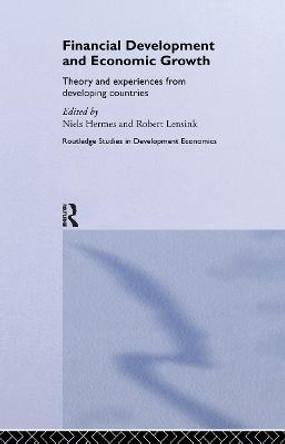Description
Explains the role of property law in growth and development over five centuries and across several different countries and cultures.
About the Author
Frank K. Upham is the Wilf Family Professor of Property Law at New York University School of Law. He teaches Property, Law and Development and various courses on Japanese and Chinese law and society. His book, Law and Social Change in Postwar Japan (1987), won the Thomas J. Wilson Prize from Harvard University Press. In addition to having taught property law for over 30 years at several American law schools, he has taught in Argentina, China, Israel, Japan, and Taiwan. Upham has also worked as a World Bank consultant on the reform of property law in Southeast Asia.
Reviews
'Is it possible that the widely held belief in well-enforced property rights as essential for economic flourishing is not only unfounded but also potentially dangerous? Drawing on studies of five countries, Frank K. Upham mounts an impressive challenge against a seldom-questioned pillar of development theory. The Great Property Fallacy is a great read, and will cause many to rethink the relation between property law and development.' Mary Ann Glendon, Learned Hand Professor of Law, Harvard University, Massachusetts
'In this unprecedented comparative and historical treatise, Frank K. Upham integrates case studies across time and space and provides a coherent, persuasive theory highlighting the destruction of property rights in rapidly changing societies. In a clear, concise manner, The Great Property Fallacy reveals the complexity and contingency of property rights and ushers in a new era of understanding property rights in development. It will serve as a foundational work for years to come.' Shitong Qiao, The University of Hong Kong
'Frank K. Upham's book provides a critical, compelling evaluation of the conventional wisdom among many law-and-development scholars and aid-and-development agencies: namely, that formalization of private property rights, especially to land, enforced by a strong, competent, and politically independent judiciary, is an indispensable element in effective growth strategies for developing countries. Through highly illuminating case studies from both developed and developing countries (including China), Upham challenges this conventional wisdom by showing that property rights regimes are highly context-specific and idiosyncratic, and that no single model is a precondition for economic development.' Michael Trebilcock, University of Toronto
'Frank Upham's book, written by a law professor and sometime World Bank consultant, is ... a passionate, personal cri de coeur based on the author's own observations about the missteps committed by those who seek to advance economic development by advancing property rights.' Jose E. Alvarez, American Journal of International Law
'... impressed ... focuses instead on whether formal property rights contribute to economic development. The lesson of The Great Property Fallacy is that development is not easy to come by - nations often fail, and even those that have succeeded do not necessarily know what they did right.' Yun-chien Chang, Law & Social Inquiry
Book Information
ISBN 9781108436946
Author Frank K. Upham
Format Paperback
Page Count 160
Imprint Cambridge University Press
Publisher Cambridge University Press
Weight(grams) 260g
Dimensions(mm) 228mm * 152mm * 10mm










